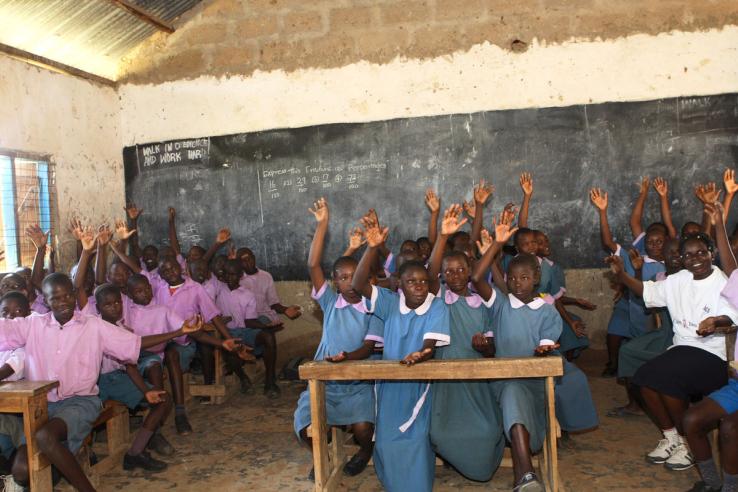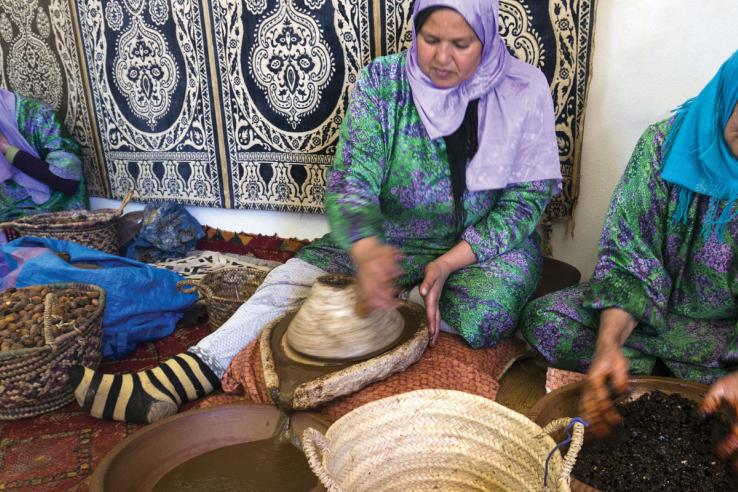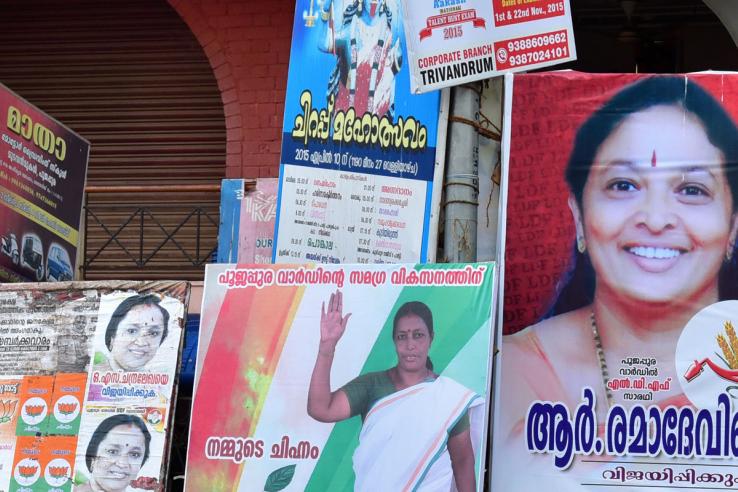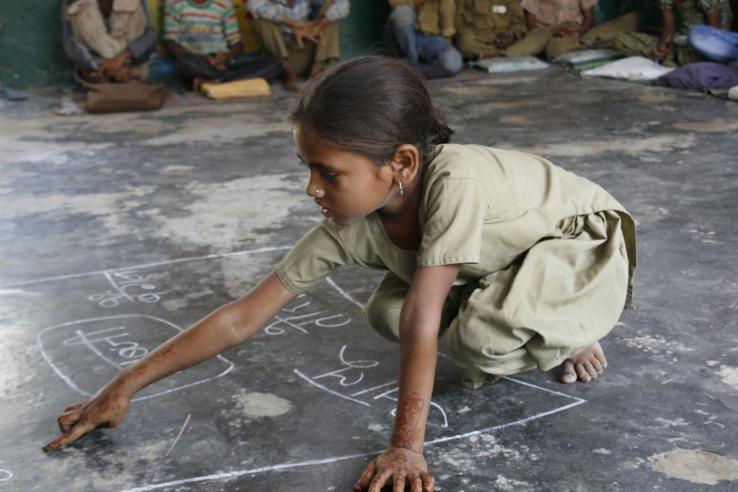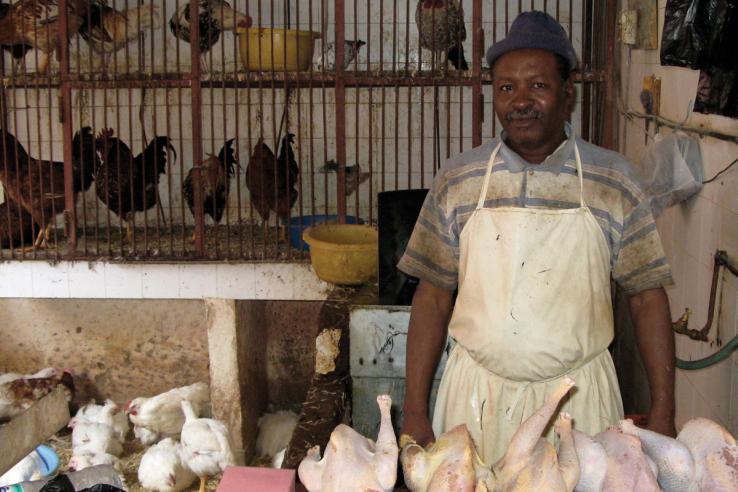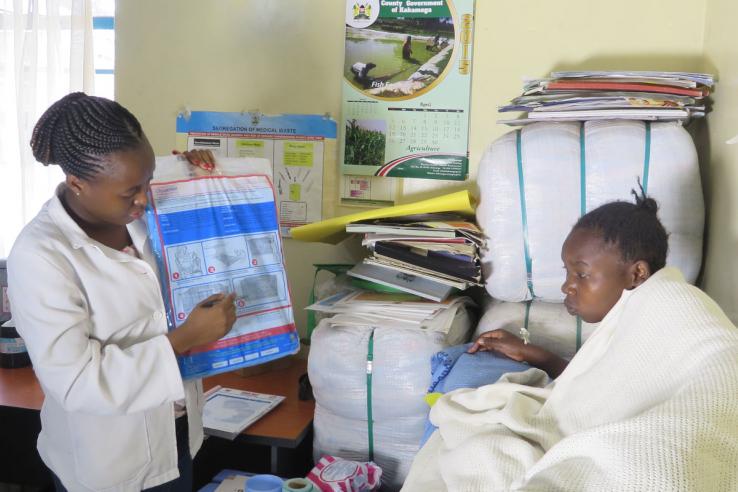Displaying 1531 - 1545 of 8337
Policy insight
When designed well, insurance does protect small-scale farmers from adverse weather events, but farmers have low demand for these products at market prices. New technologies and climate-smart agricultural practices can reduce farmers’ risk exposure and increase their climate resiliency. More...
Policy insight
In the United States, the estimated impacts of charter schools have varied widely. In Massachusetts, students who won lotteries for charter schools located in urban areas often did substantially better than students who lost; while students who won lotteries for charter schools in nonurban areas...
Policy insight
Programs that reduce the costs of education increase student enrollment and attendance. However, there is considerable variation in the cost effectiveness of different programs.
Policy insight
Agricultural extension services can be improved by leveraging tools like information and communication technologies, trainer incentives, or social learning to support small-scale farmers’ decisions to invest in new, profitable practices. Extension programs that target both male and female members of...
Policy insight
Increasing access to traditional microcredit has had limited impacts on smallholder farmers’ profitability in randomized evaluations in developing countries. Demand for new offers of credit was low, ranging from 17 to 33 percent, and even when farmers used traditional credit products to invest in...
Policy insight
Relatively low-cost programs to simplify the college application process and support students through this transition can increase college enrollment and persistence in the United States and Canada. Personalized assistance, timely reminders, and fee waivers were key components of effective programs.
Policy insight
Gender quotas for women in local government bodies can improve women’s representation in politics, increase provision of public services, and improve perceptions of women as leaders.
Policy insight
Reducing the costs and increasing the perceived benefits of education increase student participation for both boys and girls, and successful programs tend to help the gender with the lowest initial attendance most.
Person
Anna Schickele is a Policy Manager at J-PAL LAC in Santiago, Chile, where her work focuses on promoting the scale-up of successful programs and tracking J-PAL’s policy influence in the region.
Policy insight
Providing people with information about their energy or water use compared to their neighbors and tips about how to conserve consistently reduced consumption by small amounts in many contexts.
Policy insight
Findings on the impacts of microcredit continue to evolve. Early evidence from randomized evaluations in low- and middle-income countries showed that the classic microcredit model did not lead to transformative impacts on income or consumption for the average borrower across many contexts. However...
Policy insight
Programs focused on reducing job search barriers often improve job seekers’ employment outcomes. These programs can help job seekers increase their search effort, identify where and how to look for jobs, surmount geographic and financial obstacles to finding a job, and communicate qualifications to...
Policy insight
Charging fees for many key preventive health products dramatically reduces take-up. Preventive health products distributed for free are generally put to good use.
Policy insight
Randomized evaluations show strong evidence of hiring discrimination against minority and underrepresented groups in many countries, with most evidence so far coming from developed countries. Where it has been tested using randomization, removing identifying information on job applications had...


